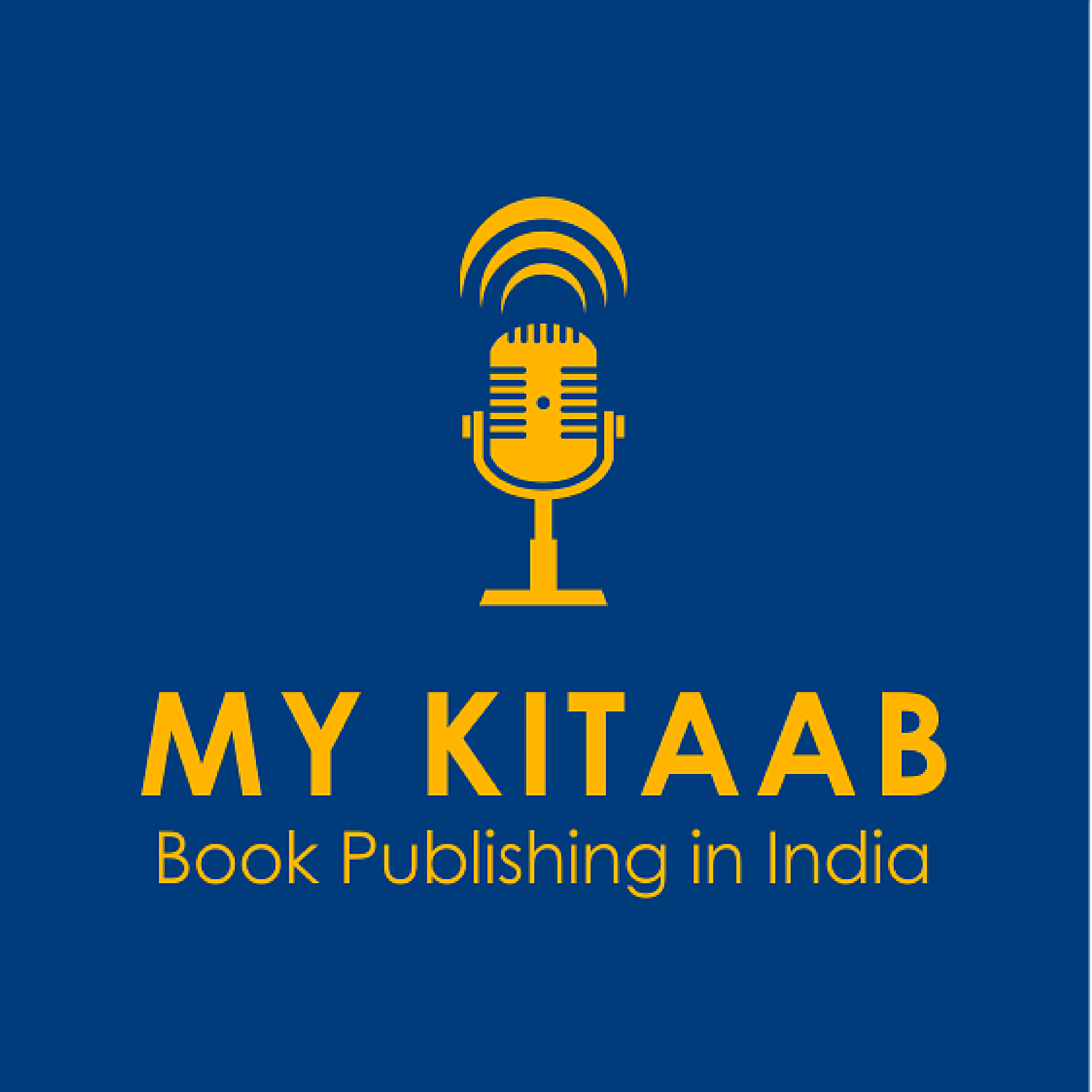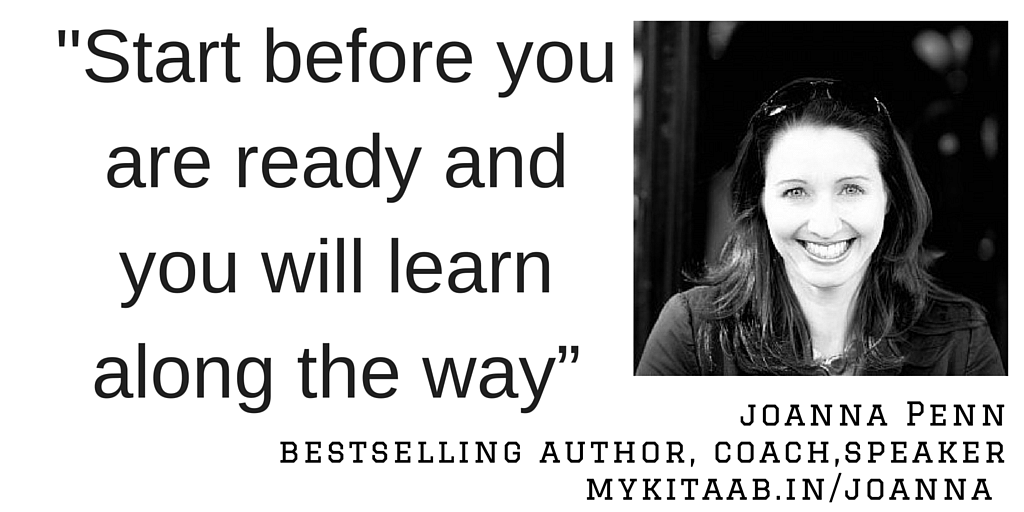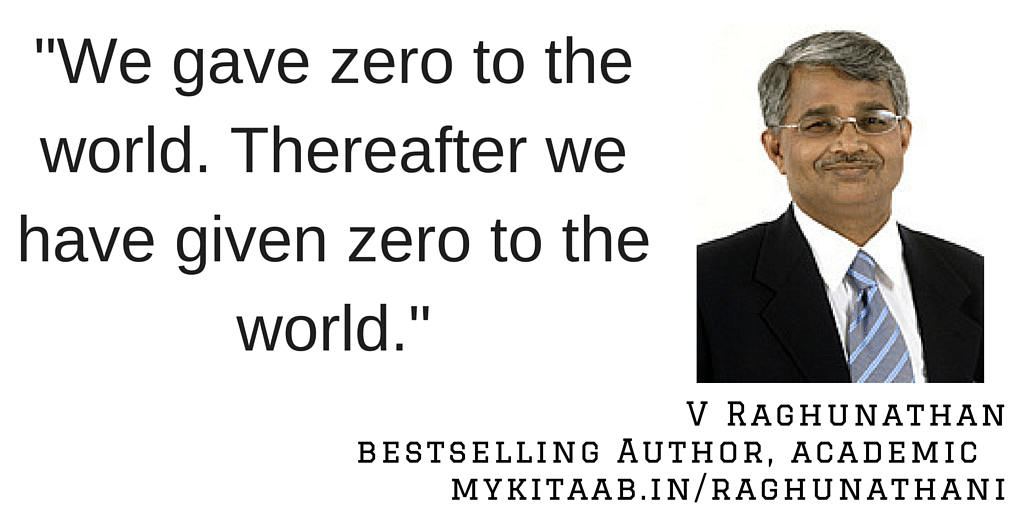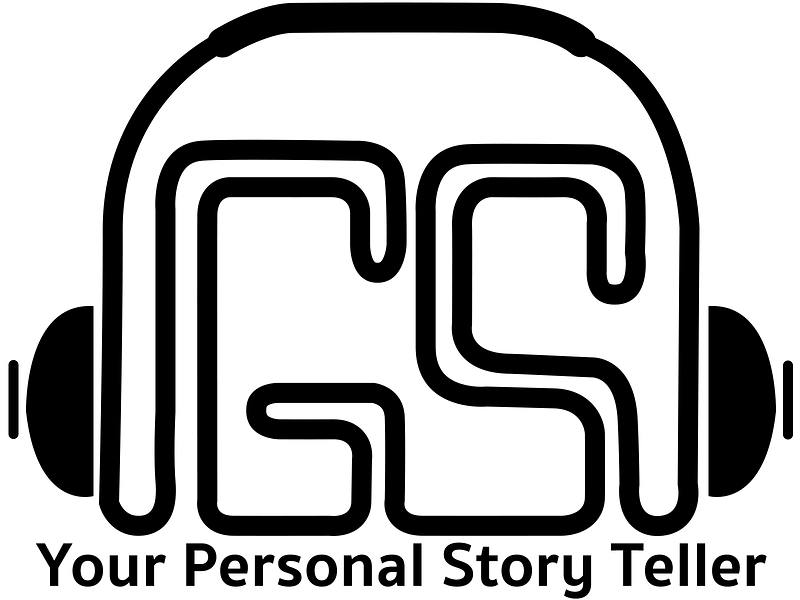You can listen to this blog post in my voice by clicking below. Note that as on 2022, MyKitaab Podcast by gaathastory has been discontinued and archived.
What is MyKitaab Podcast?
I am Amar Vyas, the Co-Founder of gaathastory and host of MyKitaab Podcast. In this episode, I will introduce this podcast to you,namely MyKitaab Podcast which I host.
The word Kitaab means Book in Hindi and many Indian languages, and the word MyKitaab literally means “My Book”. Kit, a fellow podcaster from the History of India Podcast noted, Kitaab has a similar meaning in Arabic and several other languages: the writer Al Baruni wrote a book called ” Kitab ta’rikh al-Hind” which means book on history of India.
Now that the name was settled, we, my wife and I that is, thought what should be the theme of this podcast? We thought about the dilemma I was faced with a couple of years ago, namely, “I have written a book, how do I get it published in India?” I am sure many authors will be faced with this question. In order to answer this question, we will talk to industry experts- authors, editors, publishers, translators.
Along our journey, we will also talk about translations of books into Indian languages. India is a land of many languages, and a conversation about books remains incomplete if we do not talk about translations.

In its simplest form, MyKitaab is a podcast on book publishing in India. Many of you may be new to the world of podcasts, so let me put it in a different way. Three times a week, we will discuss with authors, publishers, editors and other stakeholders in the value chain of book publishing. Each discussion will be in the form of an episode of about 30 to 35 minutes each, and will be available in the form of audio files.
You can download them through iTunes, listen to them directly from the MyKitaab website, or use any of the multiple options one can use to listen to these audio files. In the shownotes for this episode, I have included a list of ways in which you can listen to this podcast.
Why am I starting MyKitaab podcast?
Two years ago, that is in December 2013, I had completed the manuscript for my debut novel NRI: Now, Returned to India. When I started approaching publishers for getting my novel published, I received the usual set of rejections from 22 of them. That?s when my wife and I began to research into book publishing in India, in order to understand the book publishing process. In the process we got so carried away, that we somehow ended up spending close to 250 hours in research. That is a LOT of time spent in learning about a market, and when I did a quick back of the envelope calculation, I realized that in these 250 hours, one could have written three to four 50,000 word novels, depending on the speed of their writing.
After we ended up self publishing my debut novel NRI:Now, Retuned to India, I resolved that I will put the information that we have gathered in a compilation that could serve as a resource for authors. We also learnt in the following during our research:
a. There are several excellent How To resources on the Internet put together by authors, publishers, and booklovers alike, that will help authors in solving exactly the kind of problem my wife and I faced. In the shownotes for this podcast, I have provided a small list of the resources that I think would be very helpful.
b. Information quickly gets dated, so it is important to keep updating it.
c. Majority of these resources were in the form of text, i.e. books, blogs, etc. As such, there was going to be very little incremental benefit if I wrote another “How To” kind of a guide.
d.By extension, there was very little information available in the form of audio or video.
Click below to continue reading about MyKitaab Podcast
I found video to be helpful for tutorials (example: using Scrivener for writing and formatting the manuscript. Scrivener is a software that can be used on the PC or Mac (even Linux) , and we will talk at length about Scrivener in a subsequent podcast episode.But wait a minute, in case you are wondering why am I narrating the story about how I ended up self- publishing my debut novel, let us go back to the problem statement that I defined at the beginning of this podcast: ?I have written a book, how do I get it published in India?? Let?s go back to how the above observations drove me to the world of podcasts again. I say again because I have been an avid podcast listener since 2006. Talk about an early adopter.. who fell off the grid and then rediscovered podcasts.
In early 2006, I used to live in Chicago and during my commute to work, I used to listen to NPR’s Car Talk, the Manager Tools Podcast, CEO exchange, and a whole bunch of shows that really got me interested in podcasts. This went on for nearly 2 years. When I moved back to India in 2008, for nearly 2 years, I did not listen to much audio content. Firstly, I was unable to find good podcasts from India, and at that time, FM radio and listening to Bollywood music somehow became the default medium of audio content that I consumed.
The next 2 years I was hardly an audiophile. But in late 2012, I came to know about a new podcast by a then unknown person called John Lee Dumas. My interest (eventually love) for podcasts rekindled. Speaking of Kindle, interestingly enough, I have been listening to podcasts related to books- how to write, how to get your book published, and how to market the books. The Creative Penn, The Self Publishing Podcast, Rocking Self Publishing Podcast, Sell More Books Show.. became a part of my daily staple.
Towards early 2015, I began to feel that I was getting a lot of information from these shows, but the largely spoke about the US market, which is the largest market for books in the world. That’s when the thought came to my mind: what is happening with the Indian book industry? There are some great resources online, including the For Writers, By Authors group on Facebook and sites that interview authors, editors and publishers (such as Writer Story and e-Books India) but this information was available as text. There was nothing in audio format. That’s when I thought, why not start a podcast on book publishing in India?
Between April and July 2015, I re-visited all the forums, websites and notes that I had compiled from my research – remember the 250 hours my wife and I spent? Well, I ended up spending another 50 or 60 hours, and slowly, the idea of MyKitaab began to take shape. What also became evident was that most resources spoke about the market for English language books- again, there was very little information about regional language books and also translations.
What a shame, I thought – in a country that is blessed with hundreds of languages, and 22 official languages , we only get to hear about the book market for ONE language- English. But I thought that trying to do a deep dive into the book market for each of the major languages was a complex task, more so because I was simply not aware about the movers and shakers in these languages. A podcast focusing on English language books seemed like a good starting point. If the idea worked, there was always an opportunity to pick up one language every other month say seven or eight months down the line. MyKitaab would have hopefully gained traction by then.

Who is this podcast for?
I have two types of listeners in mind when I think of target audience for this podcast. The first type are professionals who are working in India, and have finished their manuscript. Now, they are looking for resources and help to get their book published. The second group of listeners are authors who live outside India and would like to learn more about the book publishing market here, and have very little information about book publishing in India.
This is particularly true for independent authors, and while selling e-Books is pretty much a no-brainer today: you can do so through Kindle, Kobo, iBooks, etc. for print books, there are several unknowns in the process, particularly since pureplay print on demand providers such as Createspace or Ingram Spark do not have a presence in India. Note that they do ship to India, but do not print. Atleast to my knowledge. We will get into this discussion in detail in a subsequent podcast episode. Authors or booklovers who are interested in learning about the finer aspects of book publishing, editing, marketing, copyright and other relevant matters are also welcome listeners.
Let me also mention here who this podcast is not for: MyKitaab is not positioned as a resource for authors who need help in writing a book. You see, I have only one book under my belt at this time, and I am writing three more novels as I record this episode.
Where can you Listen to this podcast?
For those of you who are familiar with podcasts, the answer is simple: iTunes,Stitcher, TuneIn or any of the programs called podcatchers . These applications will point you to the RSS feed through which you can download the episodes on your smartphone or tablet or any other listening device, I would like to mention that at the time of this recording, Podcasting in India is at a very nascent stage, with only about 30 or 40 shows that are active. The number is growing, but many potential listeners aren’t even aware of podcasts as a category, let alone know where they can access the content.
I have created a short document called “How to listen to podcasts” for their benefit, and I hope that in a small way this document will enable listeners to access, download, listen and learn from the discussions with my guests. On a related note, I also hope that once they get used to accessing audio content in this medium, they will begin exploring more shows, and help in growth of podcasting in India. I have created a second document called “How to leave reviews for podcasts”. This document is largely focused on leaving review and rating on iTunes, and with time, I hope to update this document to include other sites which will help the audience who use apps on android or by other means such as TuneIn or Stitcher Radio.
When can you listen to the episodes of MyKitaab Podcast?
This is the million dollar.. okay million Rupee question! MyKitaab will be launched in January 2016, and each week, there will be three episodes. Whether that is Monday, Wednesday or Friday; or Tuesday/ Wednesday/Thursday, time will tell.
My original plan was to launch in November 2015, just before Diwali. Which means by now- Mid January 2016 that is, there would have been nearly 24 shows online! But at that point in time, I was working in a full time job that required me to travel almost non-stop, which took a toll on my writing. It was also getting difficult to schedule interviews with guests- the necessary but certainly not the sufficient condition for a podcast to survive and thrive. That’s when I had a conversation with my wife Mrunal, and we decided that the only way to do this right was to do it full time. And that would also allow me to focus on my writing, which has taken a hit over the past few months because of the crazy working hours, and the almost non stop travel.
What is the Format of MyKitaab Podcast?
MyKitaab will be an interview based show- though I prefer to use the term discussion, because that’s what it it- a discussion between booklovers. Most episode will be about 30-35 minutes each, while a few may be longer or shorter. I do not believe in sticking to a time bound schedule. After all, if a conversation with a friend is interesting enough, do we simply get up and walk away? Most likely not. But let us not deviate from the topic here:
How will be the podcast be structured?
Mykitaab podcast will be structured in three segments. Well four, if you include the customized biographies of the guests that I like to narrate. If I find something interesting about a guest that is not mentioned in their regular bio, I will go ahead an mention it. For example, say a guest who is a management consultant on weekdays, author on weeknights and plays in a rock band on the weekends. It will add a little bit of spice to the show. We will spend the first five or six minutes of each episode getting to know the guest. That is a great opportunity to connect with them.
The second segment would focus on the skill or the subject matter expertise they possess. This will form the bulk of the discussion. Say you are an author, then we will talk about the writing process, experiences with publishers, reviews, writing habits, and so on. For a publisher, we will ask about market segments, size, and trends. The final segment will be a rapid fire segment called Five for Five.

I will try to bring in as much data, as may facts & figures into the conversation. And information that will be specific. I am a numbers guy, atleast I used to be in my corporate career, and I believe that mentioning say ?the market for Hindi books in India is 30 percent? is more relevant than saying that ?the market for books in Hindi is greater than the market for English language books.? You get the picture!
Who am I and what qualifies me to be a podcast host?
The second part of my question was tongue in cheek, and I’d like to answer that first. My only qualifications are that I love content in the form of audio, I am a good communicator, and I like to help people. If you think that these are not good enough attributes,please listen to a couple of podcast episodes. The insights provided by the guests and the value they create in the process will make you stick around.
Coming to Who am I?
My name is Amar Vyas, I am a husband, author, nature lover, dog lover, and now a podcaster. Amar Vyas is my pen name, I write fiction under this name. In my professional world, I am known as Amar Deshpande, and you can look me up on LinkedIn to know more about that part of my life.
I live in Bengaluru or Bangalore in India with my wife and our dog Buddy. Before taking up writing and podcasting as a full time activity, I was program manager for a amazon. I used to help build their warehouses in India. My other professional adventures include working in energy consulting, real estate. When I lived in the United States, I was a construction manager and I used to build retail stores for a general contractor. Somewhere in between, I got my MBA from the Indian Institute of Mangement Ahmedabad. I am also an alumnus of the University of Illinois at Urbana Champaign. But on this podcast, I am an author and booklover who wants to help other authors.
With these words, I welcome you aboard a very exciting journey ahead. I look forward to your feedback and comments!
